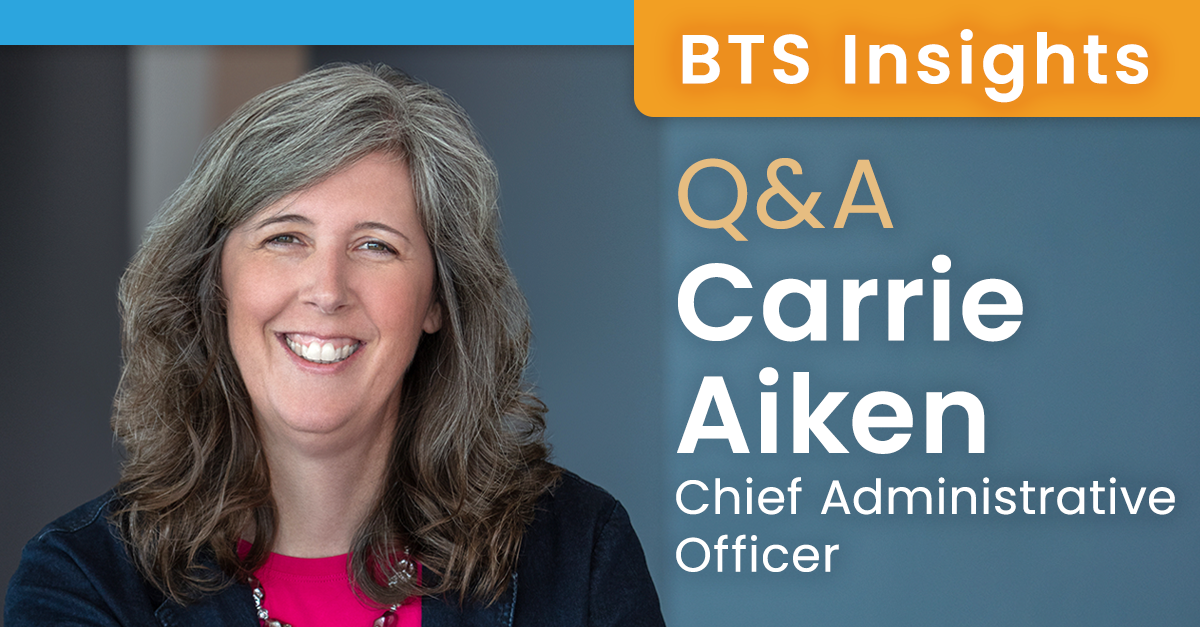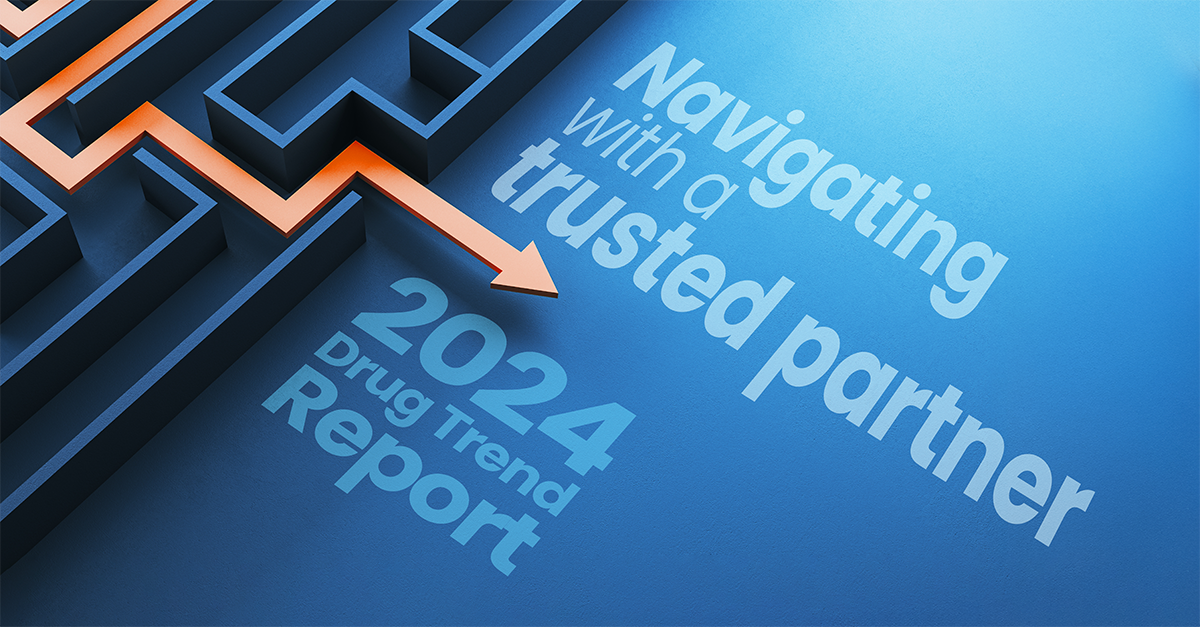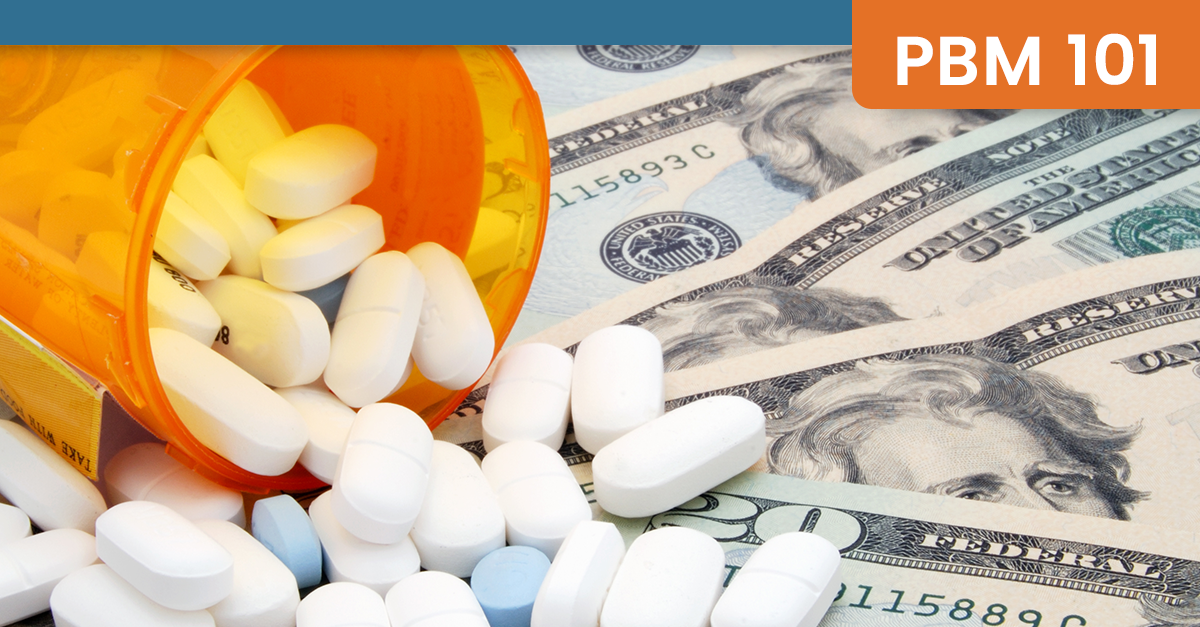What You Need to Know About Fraud, Waste and Abuse in The Age of COVID-19
Carrie Aiken, Navitus’ Vice President of Corporate Compliance and Chief Compliance Officer, shares her perspective on how PBMs can help plan sponsors manage the risks of fraud, waste and abuse.
The U.S. healthcare system has been rapidly evolving to meet the changing needs of patients and healthcare providers during the COVID-19 crisis. With this evolution, new paths have opened up for unethical actors to take advantage of new policies, such as expanded telehealth and COVID-19 testing, in their fraud, waste and abuse (FWA) schemes. Below we discuss what internal Special Investigation Unit (SIU) teams should be looking for and how we at Navitus are helping clients avoid unnecessary financial losses.
SCHEMES TO WATCH OUT FOR
Telehealth has become a convenient and widely accepted way for patients to continue to receive health care during the COVID-19 outbreak. Inaccurate billing and scams involving telehealth consultations were found to have the largest amount of alleged fraud loss during the pandemic estimated at approximately $4.5 billion1. When it comes to telehealth prescribing, unscrupulous telehealth companies have been caught bribing providers to prescribe certain drugs and devices. In turn, these sort of unscrupulous activities have led health insurance companies to face losses of around $37 million alone.
COVID-19 test fraud also emerged due to a shortage in test supplies in late 2021 and early 2022. This provided a breeding ground for scammers to “help.” These scams offer fake or unauthorized at-home or lab tests. In registering for these fraudulent testing services, people provided personal information including Social Security numbers, credit card information and personal health information. In turn, these companies can use this information for identity theft or fraudulently billing federal health care programs – including Medicare or Medicaid – for other services.
In January 2022, the government issued guidance requiring group health plans and insurers to cover FDA-authorized COVID-19 over-the-counter (OTC) tests at no cost. These OTC tests were made available either through direct member reimbursement or at no cost when processed through their insurance. Those health care organizations who process direct member reimbursement will need to be vigilant to prevent individuals from taking advantage by submitting false or excessive claims.
HOw navitus is helping
Fraud, waste and abuse patterns have been constantly evolving during this public health emergency. At Navitus, our robust FWA program investigates the entire prescribing journey, from provider to pharmacy to member, while satisfying regulatory program standards for Medicare, Medicaid and other federal programs. We use a multifront approach which allows us to track and monitor fraud and abuse that we see among pharmacies, prescribers and members. We leverage our innovative analytic tools and other sources, including audits, industry connections, and data sources, to identify suspicious patterns and investigate the underlying source.
To ensure vigilance and integrity within health care, especially during the pandemic, we remain committed to identifying and resolving fraudulent, abusive or wasteful behavior. By combatting these issues with experience and robust data analysis, we help clients improve health care performance by driving better financial results and improving member safety.
Navitus’ mission is driven by our commitment to take unnecessary costs out of the health care system and improve the lives of those we serve. There is no single source of truth all when it comes to combatting fraud, waste and abuse. But our team of experts, informed by our comprehensive data analysis and holistic perspective into the prescribing ecosystem roots out unscrupulous practices at their source. FWA program is just one of the best in class services we offer our clients.
Contact us to learn more about how we can provide value to your organization.
1 Fraud, Waste and Abuse in the Context of COVID-19. https://www.cms.gov/files/document/hfpp-white-paper-healthcare-fraud-waste-and-abuse-context-covid-19.pdf. Healthcare Fraud Prevention Partnership, January 2022.

WRITTEN BY CARRIE AIKEN, CHC
Carrie serves as both the Vice President of Corporate Compliance and Navitus’ Compliance and Privacy Officer. She has more than 25 years of experience across multiple health care disciplines, including physician, hospital, home health and pharmacy, as well as contracting and revenue cycle management.
Stay Informed and Connected
Receive expert insights, healthcare tips, and important updates on pharmacy benefits, drug recalls, and more—straight to your inbox.
Navigating with a trusted partner
Now Available: 9th Annual Drug Trend Report
Our Drug Trend Report provides a clear view of the trends shaping pharmacy benefits today, along with strategies that are delivering real savings without compromising care.







